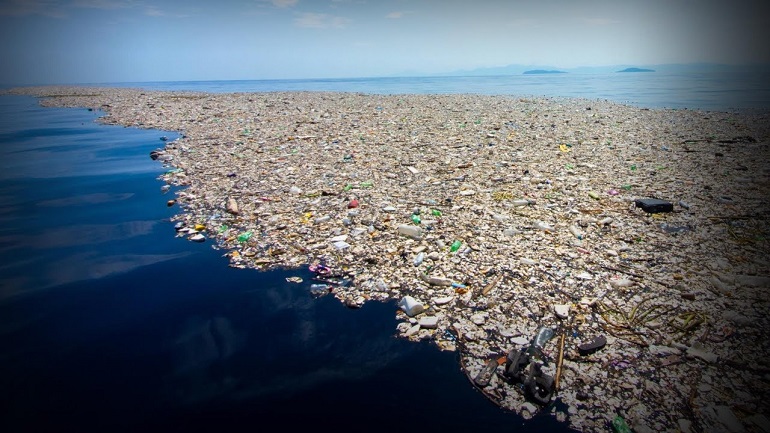(3 minutes read)
Nigerian President Ahmed Bola Tinubu suspended the country’s 10% excise duty on single-use plastics as part of his reform programme. His aim is to put an end to the negative effects of this tax adjustment on businesses and, to some extent, on households.
Nigerian President Ahmed Bola Tinubu suspended the country’s 10% excise duty on single-use plastics as part of his reform programme. His aim is to put an end to the negative effects of this tax adjustment on businesses and, to some extent, on households.
This 10% green tax on single-use plastics was introduced at the beginning of May 2023 by the former Nigerian president, Muhammadu Buhari. This was to help to dissuade producers and consumers, and thus reduce plastic pollution in the West African country The new Nigerian president, installed on 29 May 2023, sees it above all as a tax policy that is unfavourable to businesses and households. Therefore, the new ordinance aims to mitigate the negative effects of this tax adjustment on businesses and the stifling of households, stated a Nigerian government spokesman.
Now the companies will be able to produce and market single-use plastics until they are perhaps banned from the whole of Nigeria by 2028. But nothing is certain, given the irregularities in the way the production of plastic packaging and containers is regulated, and in the management of the waste generated by this activity in Nigeria.
Read Also:
https://trendsnafrica.com/nigeria-to-decide-exchange-rate-of-naira-based-on-market-forces/
https://trendsnafrica.com/world-bank-retains-nigeria-in-list-of-highest-food-concern/
https://trendsnafrica.com/nigeria-urged-to-promote-border-trade/
In the meantime, plastic pollution will inevitably increase. According to official figures, an average of 2.5 million tonnes of plastic waste are generated every year in Nigeria, with consequences for aquatic biodiversity. Plastic waste also ends up in the streets, clogging drains and degrading soil quality.





